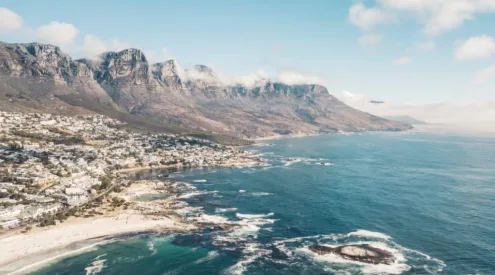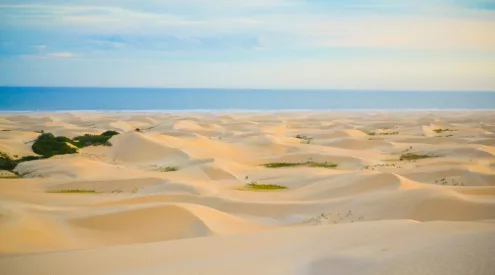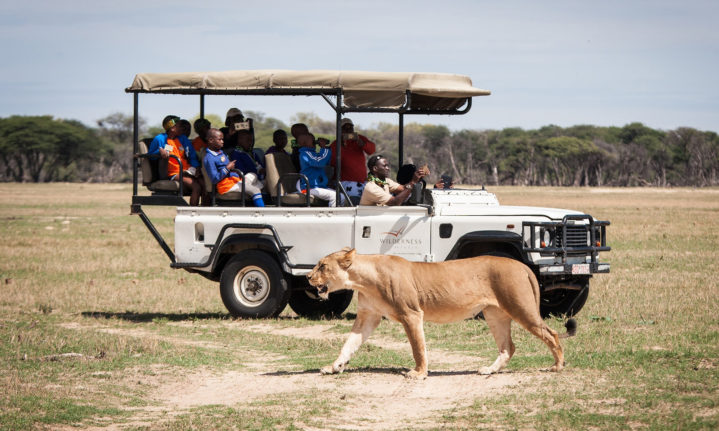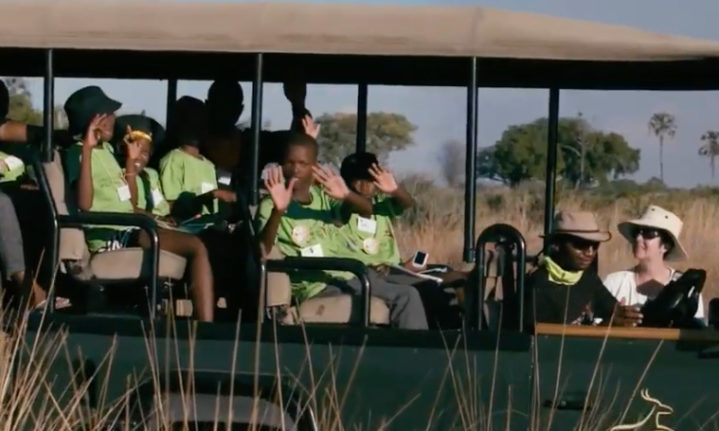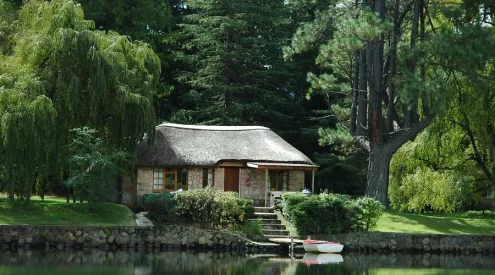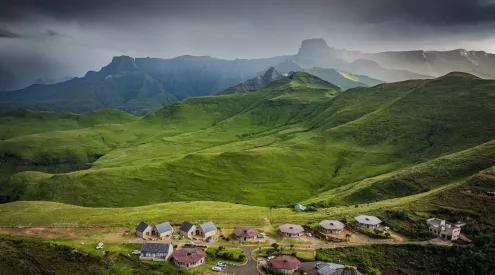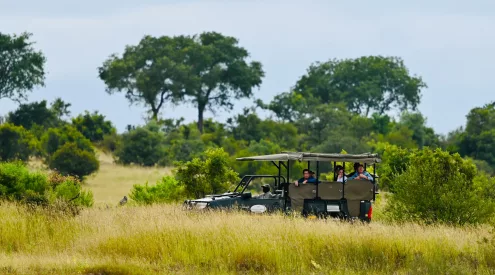Underprivileged children in Zambia will get the chance to enjoy some of their country’s amazing wildlife, thanks to the Children in the Wilderness charity initiative.
For one week a year, a few luxury safari camps are closed to paying guests to host a number of young primary school kids as a part of the initiative run by the NPO and supported by eco-tourism company Wilderness Safaris to facilitate sustainable conservation through leadership development and education in Africa. The aim of the programme is ‘to educate children in rural areas,’.

Screenshot via Children of the Wilderness
With still-rampant poaching taking its toll on the once-abundant and free African game, the local leaders of this eco-safari organisation hope to secure the future and protect wildlife by training young children from less privileged rural backgrounds to learn to appreciate wild animals – Africa’s greatest tourist attractions – and their environment.
In a video from the eco-wildlife charity, the words of Senegalese environmentalist Baba Dioum are remembered: ‘In the end, we will conserve only what we love. We will love only what we understand. We will understand only what we are taught.’
Dioum’s sage directive is at the core of Children in the Wilderness’ work. In times where countries’ infrastructure and developments encroach on animals’ habitats and their right to roam free, we increasingly find disgruntled elephants, hippos and the like veering closer to human settlements and destroying crops, prompting communities and governments to cull them. It is only then that we see the effects of our encroachment on the wild – the great irony of our actions.
For the one week, young ones are kitted out with their own eco-training uniforms, sleep in beds in cottages with plumbing facilities, and receive stationery for their learning in the wild.
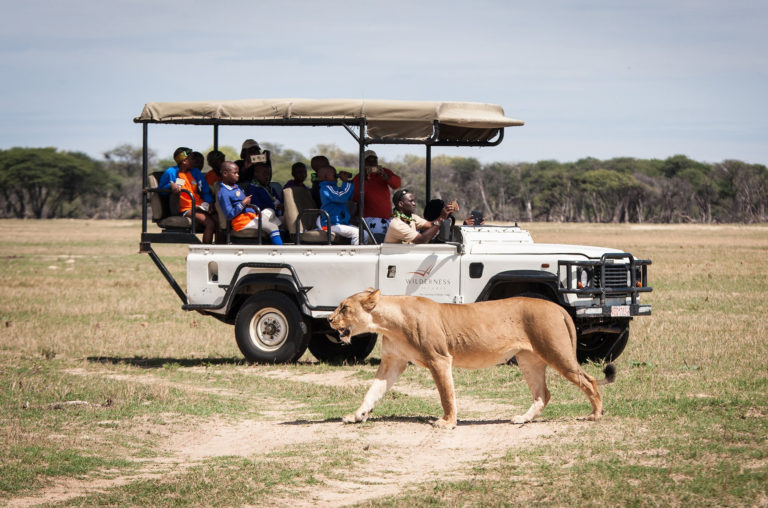
Image by Roderick Gilchrist/The Telegraph
This initiative from Children in the Wilderness which has been running since 2001 works all around Africa, particularly in the southern region. Aside from game sighting and drives, the kids are also treated to an eco programme, learn important life lessons and are taught cool skills, like wildlife photography for older children and teens. For some of the young safari-goers, it will be their first time seeing wild animals such as lions or elephants. Some kids, however, have a different view to the wildlife, recognising them as the disruptors to their villages and homes. The training seeks to right that, and give the children a wonder for conservation so that they can make more ecologically-sound decisions in the future, and put them in good stead for work in safari tourism – the backbone of our economy and community sustenance.
Image by screenshot from Children of the Wilderness video and Roderick Gilchrist/The Telegraph

